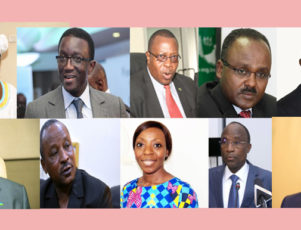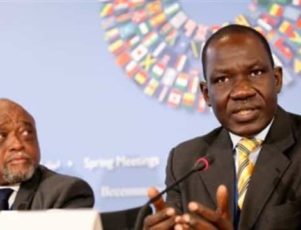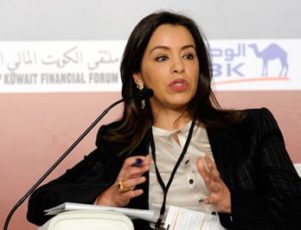Economic and finance ministries from West and East African have set the standard for 2017’s API. Ten countries from the region have mastered macroeconomic balance with growth rates above 5% that outpace their demographic growth. Burkina Faso topped the list with 53%, followed by Senegal with 52%, Tanzania with 48%, Ethiopia with 47%, Kenya with 46%, Rwanda with 45%, Niger and Guinea with 43%, Cote d’Ivoire with a 42% growth rate, and Togo with 41%.
The API was extended in 2017 to include all African countries, instead of only those in the CFA zone, or the central and west regions, as was the case in previous editions. API 2017 also saw the inclusion of a new category for evaluation: the digital financial infrastructure worth 40% of a country’s mark, along with endogenous factors 30%, and institutional and fiscal frames, worth 30%. Although growth was substantial last year, financial website Financial Afrik warns that unless African countries can maintain growth of over 10% for over a decade there will not be any major development in the country.
Leading the pack
Topping the list of Africa’s best finance ministers is Burkina Faso’s Minister of Economy, Finance and Development Rosine Sori-Coulibaly. In office since January 2016, Sori-Coulibaly has been working to reduce the weight of current expenditure in the state budget, and has also allowed the public greater access to small business loans. She is joined by Senegal’s Amadou Ba, who brought about an increased cycle of growth garnered by the country since 2014. Third on the list is Philip Mpango, the appointed minister of finance in Tanzania since 2015. Mpango continues to create structural reforms in the country to finance free education and complete the nationalization of precious stones.
Other ministers of note include Ethiopia’s Abraham Tekeste, who is in charge of the implementation of a five-year-plan in the country to display a GDP growth of 11% per year. Over this period, industrial growth is set at 24% per year. Minister of Finance in Kenya Henry K. Rotich is at the root of several in-depth reforms in the East African country. Advocating for diversification, Rotich faces the challenge of financing Kenya’s public external debt. Rwanda’s Minister of Finance and Economic Planning Claver Gatete has distinguished himself in the rationalization of current expenditures, the implementation of innovative policies and the facilitation of procedures for economic operators.
Implementing policies
Rounding out the top ten is Niger’s Hassoumi Masaoudou, who has been minister of finance since 2016 and has the challenge of financing the Economic and Social Development Plan for Niger from 2017 to 2021. In a tense security environment Financial Afrik reports the first year of the plan has been quite successful. Guinea’s Malado Kaba has inherited several major infrastructure projects and is the first Guinean appointed minister of finance to obtain satisfactory results in regard to funding. Former head of the Ivorian Treasury, Cote d’Ivoire’s Adama Kone has reconciled the imperative of controlling the budget with the need for growth. The current cocoa crisis has not broken this balance and Ivorian fundamentals remain strong. Minister of Economy and Finance in Togo since 2015, Sani Yaya’s great challenge remains to restructure the country’s debt and to mobilize funds for development programs. In the two years as finance minister, Yaya’s results have awarded him respect.
Digital Financial Infrastructure
The API identifies four determinants that favor the construction of digital financial infrastructure in African countries. Innovation centers, the organization of public dialogues on financial and regulatory technologies, a national tool for digital verification of identity and the creation of a digital environment secure enough to experiment with the offer of innovative financial services. Both Kenya and Senegal scored highly in this area with both countries developing incubators of technological innovation, such as, spaces for co-creation between entrepreneurs and accelerators of enterprise. Also standing out in this area are Cote d’Ivoire, Senegal, Tanzania and Togo, thanks to the organization of public dialogues on the future of finance, financial regulation and inclusion.
According to Financial Afrik, Africa is improving in terms of economic and political governance, however in terms of transparency and institutional communication efforts must be made. Ministries of Economy and Finance are responsible for strengthening competitiveness between domestic and foreign companies, but at the same time, they need to ensure consumers are protected.





